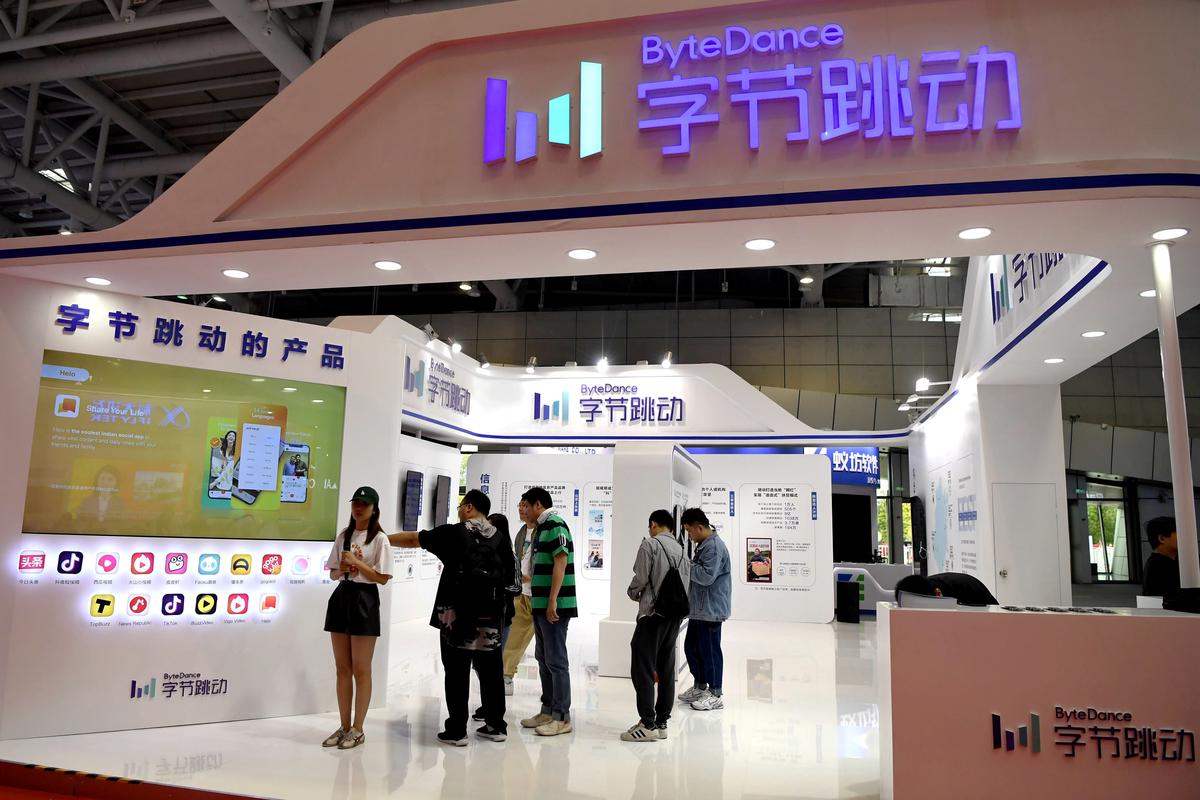WASHINGTON (Reuters) – Senator Marco Rubio on Wednesday asked a U.S. national security panel to review TikTok owner Beijing ByteDance Technology Co’s acquisition of Musical.ly, saying TikTok is used by the Chinese government to censor politically sensitive content.
In a letter to Treasury Secretary Steven Mnuchin, Rubio said Chinese-owned apps “are increasingly being used to censor content and silence open discussion on topics deemed sensitive by the Chinese Government and Communist Party.”
The Treasury secretary heads the Committee on Foreign Investment in the United States (CFIUS), which reviews mergers and stock purchases to ensure they do not harm national security. Treasury did not immediately comment.
Rubio said there was growing evidence that TikTok in the United States was censoring content that is “not in line” with the Chinese government.
A U.S. TikTok spokeswoman said the company stores all of its U.S. user data in the United States.
“The Chinese government does not request that TikTok censor content, and would not have jurisdiction regardless, as TikTok does not operate there,” she added.
ByteDance is one of China’s fastest growing startups. It owns the country’s leading news aggregator, Jinri Toutiao, as well as TikTok, which has attracted celebrities like Ariana Grande and Katy Perry along with legions of U.S. teenagers.
The company’s Chinese ownership and sudden spike in popularity have raised concerns among U.S. lawmakers.
Congress cannot compel CFIUS to review individual cases, but the powerful committee does have jurisdiction to review most deals that were not previously flagged to CFIUS by the parties involved.
Rubio said China “is using these apps to advance their foreign policy and globally suppress freedom of speech, expression, and other freedoms that we as Americans so deeply cherish.”
Chinese gaming company Beijing Kunlun Tech Co Ltd (300418.SZ) earlier this year agreed to a request by CFIUS to sell popular gay dating app Grindr, which it had owned since 2016.
Kunlun drew U.S. ire after it gave some Beijing-based engineers access to personal information of millions of Americans such as private messages and HIV status.
ByteDance bought Musical.ly for nearly $1 billion in December 2017. It later shuttered Musical.ly and moved users to a revamped version of its own TikTok app, which serves non-Chinese markets.
Musical.ly, released in 2014, and TikTok, launched in 2016, both enable users to create and share short singing and dancing videos that are set to well-known songs, with numerous special effect filters.
The company’s original app Douyin is similar to TikTok but is only available in China and complies with local censorship requirements.
ByteDance counts venture firm Sequoia Capital and big private-equity firms such as KKR, General Atlantic and Hillhouse Capital Group as backers, sources have told Reuters.
Source: Read Full Article
